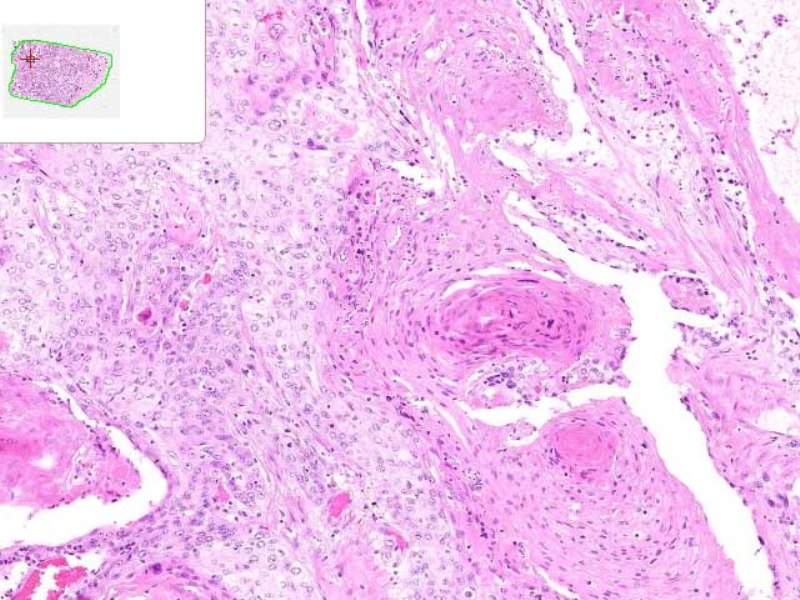
REVOLUTION Medicines has dosed the first patient in a Phase l trial of RMC-4630 to treat relapsed, refractory solid tumours, including non-small cell lung cancer and other tumour types.
RMC-4630 is REVOLUTION Medicines’ lead investigational drug candidate targeting the enzyme SHP2.

Discover B2B Marketing That Performs
Combine business intelligence and editorial excellence to reach engaged professionals across 36 leading media platforms.
The trial aims to examine the safety, tolerability, pharmacokinetics, pharmacodynamics and clinical activity of RMC-4630 in enrolled patients.
Around 200 patients are expected to be enrolled in the open-label, monotherapy dose-escalation and expansion trial.
The trial will feature two parallel components, a dose-escalation study for patients with solid tumours, and an expansion study for patients with tumours harbouring specific mutations.
Its primary objectives are the number of participants with adverse events (AEs) and with dose-limiting toxicities (DLTs).

US Tariffs are shifting - will you react or anticipate?
Don’t let policy changes catch you off guard. Stay proactive with real-time data and expert analysis.
By GlobalDataThe trial’s secondary objectives include Overall Response Rate (ORR), Duration of Response (DOR), phosphorylated form of extracellular signal-regulated kinase (pERK), and others.
It is being carried out as part of a newly announced global partnership between REVOLUTION Medicines and Sanofi.
REVOLUTION Medicines research and development (R&D) president Stephen Kelsey said: “Our discovery of optimal inhibitors of SHP2 and elucidation of the critical role of SHP2 in the growth of certain cancers has, for the first time, suggested the potential to render these drivers of cancer clinically actionable.”
A previous research, led by scientists at REVOLUTION Medicines and in collaboration with researchers at the University of California, San Francisco School of Medicine, found that cancers caused by the oncogenic signalling proteins depend on the normal biochemical actions of SHP2.
The research also revealed that cancers with such ‘semi-autonomous’ mutations could be susceptible to treatment with a SHP2 inhibitor.





